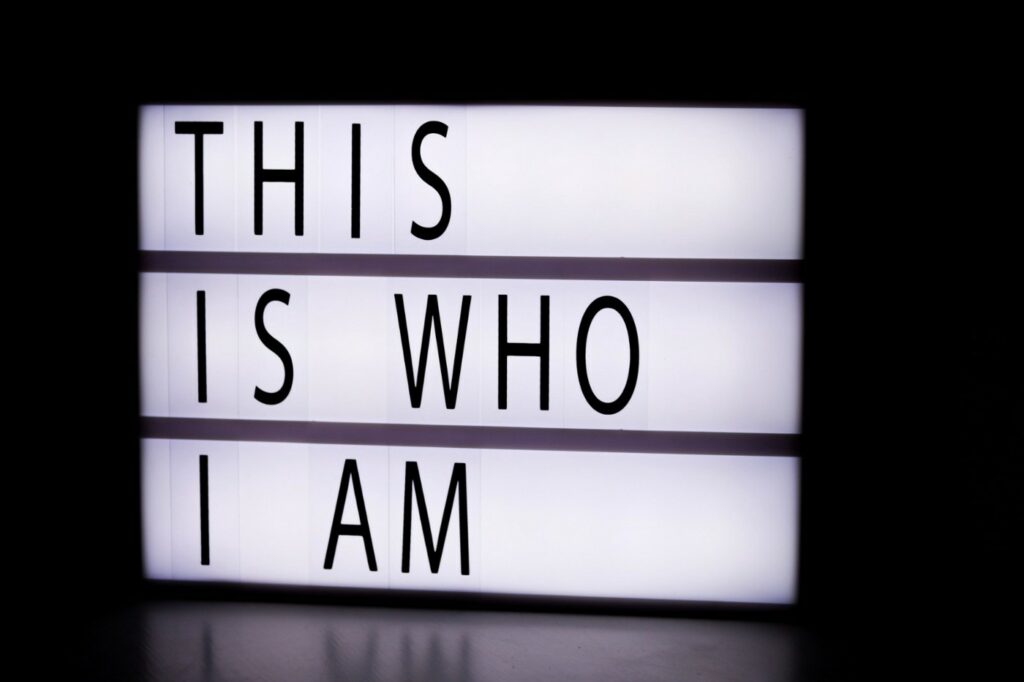What is your
story?
by Neeraja Ganesh
Power of Storytelling for Personal Branding

We are our own brand ambassadors. While we can speak about having mentors and sponsors who will talk about our achievements inside and outside organisations, to get ahead in life and business, women need to promote themselves and their achievements.
Most of the time, women find it difficult to talk about their achievements. It’s discomforting, and they find it undignified. However, if you want someone to take notice of you, you have to share your awesomeness with the world.
How can we brag without bragging? Let it be a story. After all, storytelling is extremely powerful.
I had the opportunity to introduce Apurva Purohit at an event that was organised by a women’s network that I am part of. We had invited her to give a talk about her latest book “Lady, You’re the Boss”. While the job of introducing the speaker is an important one, you cannot become too creative with it as you are usually given the bio of the speaker to be read out, verbatim. Well, like I have written in an earlier episode of NeerSpires “Treat every interaction as an opportunity”, I was determined to create a larger opportunity and impact for myself using the platform that was available for me, which was to introduce the author of the phenomenal book. I started the introduction by speaking about how the chapters in the book resonated with my life and took the example of the chapter where she speaks about “The Impostor Syndrome”. I narrated the story of an invitation that I had received from Massachusetts Institute of Technology (MIT), USA to be on their jury panel for the Global Inclusive Innovation Challenge (IIC). I spoke about the way I had reacted to the “impostor” within me, the impostor which had asked me who I was and what credentials I had to be on such a prestigious jury panel. I also narrated my internal journey of battling the impostor syndrome. After narrating the story which fit in well to the introduction of the book, I went ahead with introducing the author. This did two things for me –
1. It built a good impression with Apurva because I had emphasised how the book had resonated with me. This is how I ensured this interaction with her would build a long lasting relationship with her.
2. To the rest of the audience, it showcased my achievement of having been on the jury panel of the MIT IIC, which is a prestigious position globally.
Would anyone have thought that I was bragging about my achievement? I don’t think so! To make people curious about Apurva’s book, I had picked up a chapter from the book and had drawn a parallel to one of my own stories using that chapter. This way, I not only got them interested in the book, I also ensured that the audience walked away knowing more about me and my achievement.
Where should you tell stories? Everywhere.
Be it at a social gathering, a conference, on a stage, at a virtual webinar session, or even on social media.
I have heard my daughter, Sneha Ganesh, introducing herself to my friends, new people that she meets at college and work as well as at events that she attends — now most of them being virtual. She does not shy away from bringing out some of her key achievements of having published a book or being a district level debater through her introduction. However, I have also seen her using every platform that she gets an opportunity to be on, be it as a coordinator for a webinar, a guest at a networking event, a moderator for a panel discussion, or as a speaker at an event, to bring out stories from her life which subtly leave the audience with a sense of her other achievements. One of her achievements was being awarded the Student of the Year in 12th standard. You will not find this accolade being spoken about as part of her usual introductions. However, she found a way to bring out this part of her life to the audience using storytelling at one of the conferences that she was speaking at.
Sneha Ganesh
and I were talking about traits that the Next Generation Women leaders needed to have and one such trait we wanted to focus on was for girls to “ASK”. She narrated the story about how she asked to be part of various inter and intra college competitions through her 11th and 12th grade, leading to her winning multiple awards across different disciplines which ultimately got her the Student of the Year award. I was observing the audience while she was narrating this story. One could think that she was bragging about her achievement, but the storytelling narration of how the roadblocks became a turning point in her life left the audience inspired, at the same time, creating higher visibility for herself and her achievements.
One must identify which stories to tell, practice the narration, and most importantly, connect it with what the audience has come to read or listen to. When I narrated the impostor syndrome story, the audience caught onto it because they had come to know more about what the book was all about. When Sneha narrated the story of her award, it connected with the audience as they had come to hear about the traits that a woman leader has to develop.
Our Communities
We’d love to hear your thoughts too.
Be a part of the conversation and exchange of ideas by joining our community.
Submit a Comment
Our communities
Upcoming events
Can’t get enough? Explore our upcoming events and register to attend as many of them as you like.
Categories
Trending Posts
Recent posts
Buzzing right now
There’s a lot going on in these communities
at the moment. Join them now, as a member
or as a supporter.
SheDares
EntrepreNaari
NotAlone

